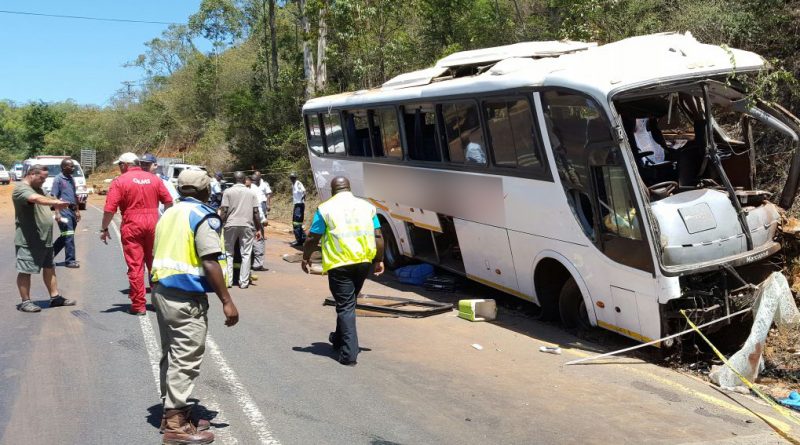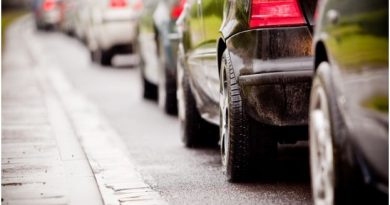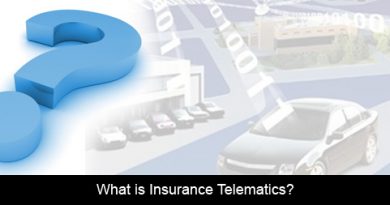Injury in school bus crashes – What does the Road Accident fund cover?
When there is an accident involving a bus with innocent children on board, most people will respond with anger or rage. They want to blame and seek retribution from the driver or owner of the bus concerned. This is of course completely understandable – there are thousands of parents all across the country, who, on a daily basis put their children’s lives in the hands of a bus driver. It is only natural for people to think: “What if this happens to MY child and MY family?”, “What can I do when that happens?”, “Will I be able to afford medical treatment?” or “Surely someone must pay?”
There is, however, two sides to the story. Most bus drivers and companies go to great lengths to provide a safe and reliable transport service to their community. No good, hardworking and well-trained bus driver drives a bus full of children, to intentionally cause an accident. Nor does an owner of a bus company, whom has a reputation to uphold and who invests everything he has in his drivers, employees and vehicles, put un-roadworthy busses on the roads to cause accidents on purpose. A lot of accidents are caused by factors which are outside of the control of the driver or the owner of the bus, such as poor road conditions, adverse weather, stray animals, jaywalking pedestrians, and of course, other irresponsible road-users.
The fact of the matter is, we all make mistakes and accidents do happen. Some errors and the subsequent accidents just have more devastating consequences than others. How we prepare for, mitigate and manage those consequences after the event, are the actual questions that really need to be focused upon.
The Road Accident Fund
Fortunately, victims of motor vehicle accidents have the Road Accident Fund (RAF) that has been specifically established by law (i.e. the Road Accident Fund Act 56 of 1996, as amended – “the RAF Act”) to administer the system of compensation for damages suffered due to bodily injuries or death caused by the negligent driving of a motor vehicle. The RAF is financed by a levy on all fuel consumed in South Africa. Every person, even non-South African citizens, have a right to claim compensation against the RAF if they have suffered injuries or the breadwinner dies in a motor vehicle accident, which occurred within the borders of South Africa.
Persons (also called “third parties”) who are entitled to claim from the RAF are:
- A person who sustained bodily injuries in a motor vehicle accident.
- The widow/widower, the children or other dependants of a breadwinner who died in an accident.
- In those instances where minors (i.e. younger than 18 years of age) were injured, the parent or guardian would be the claimant in respect of the medical costs incurred. The minor’s claim for possible future loss of income and general damages, will be the minor’s claim, however, the minor’s natural parent or guardian will claim this on the minor’s behalf.
- If a medical fund paid for the medical costs, the medical aid is strictly the claimant, however, most medical aids allow their members to claim the medical expenses from the RAF and to then reimburse the medical aid, once compensation has been paid out to the member.
Examples of the types of damages that may be claimed from the RAF resulting from bodily injuries are:
- Past and future medical and hospital expenses.
- Claims for emergency medical expenses incurred i.e. ambulance, helicopter fees, emergency surgery are compensated in accordance with a prescribed tariff.
- Past and future loss of earnings. If the accident occurred after 1 August 2008, the RAF’s liability to compensate loss of earnings is limited (“capped”). The cap is adjusted quarterly to take into account inflation. The last adjustment took place with effect from 31 January 2017 to R254 450 per year.
In order to be able to claim general damages (an amount for pain, suffering, trauma, disfigurement, loss of amenities of life etc.), the injured party would be required to undergo a “serious injury assessment” and lodge a “serious injury assessment form” within the required time frames.
Examples of the types of damages that can be claimed from the RAF arising from death are:
- Loss of support. As with past and future loss of earnings, compensation for a loss of support claim is also limited, which is currently capped at R254 450 per year.
- Funeral costs (limited).
Prior to 1 August 2008, the claims of certain types of passengers were limited to a maximum of R25,000. The RAF Amendment Act has done away with this limitation and all passenger claims are now treated the same as other third party claims.
A third party must lodge a claim with the RAF within three years of the date upon which the accident occurred and two years in respect of unidentified claims or so-called hit-and-run claims (i.e. where neither the identity of the driver nor of the owner of vehicle can be established). A summons, if necessary, must be served on the RAF within five years from the date on which the accident occurred.
It is also important to note that as from the 1st of August 2008, the common law right of a third party to claim compensation from the negligent driver or their employer has been abolished. Section 21 of the RAF Act does not permit third parties to claim from these drivers or their employers, unless the RAF is unable to pay any compensation or unless the person claims compensation in respect of secondary emotional shock. Secondary emotional shock is where a person witnessed or observed or was informed of the bodily injury or death of another person.
The RAF has branches and offices in most cities and towns across the country. Also, most government hospitals have in-house RAF consultants and victims of motor vehicle accidents and/or their family members are invited to get into contact with these offices and persons as soon as possible after an accident. A third party may submit a claim against the RAF themselves directly or they may make use of a legal practitioner (attorney) to assist them with their claim. If a third party cannot afford an attorney, he or she may apply for legal assistance through the Legal Aid Board.
Lastly, one should always bear in mind that the RAF Act only applies to motor vehicle accidents which occur within the borders of the Republic of South Africa. Motor vehicle owners and drivers who travel outside of the borders of South Africa should ensure that they have comprehensive motor vehicle insurance in place (which includes third party liability cover) to provide for those instances where a third party who sustained injuries or whose breadwinner died in a motor vehicle accident for which the driver, their employer or the owner of the vehicle could be held liable, seek compensation from such owner, driver or employer.
Personal / Group Accident Insurance Cover
As can be seen from the above, although the RAF compensates third parties for certain losses incurred by them due to bodily injuries or death resulting from a motor vehicle accident, such compensation is limited and it can take months or even years before payment is actually received.
It is for these reasons that Stalker Hutchison Admiral (Pty) Ltd (SHA) has developed a Personal / Group Accident Insurance Product to financially cover the insured person, members of his/her family, life partners or in the case of a business, directors, partners, associates and/or members of staff in the case of injury, temporary or permanent disability or death caused by an unforeseen incident. The Policy includes emergency transportation or rescue costs, life support, life support equipment, temporary drivers, trauma counselling, child care, rehabilitation cost and a daily hospital benefit, at no additional cost.
One of the other added benefits of the Policy is that one of our service providers, Accident Expert can assist the insured person/s with submitting claims to the RAF and/or the Compensation Commissioner, as and where applicable.
Cover can be arranged on a 24/7 basis or can be restricted to business hours only, either including or excluding commuting between place of residence and place of work.
The most important benefits of a Personal / Group Accident Policy are that payments are made much quicker than awards from the RAF or the Compensation Commissioner. Payments are also made in addition to any benefits that may be received from a medical aid, the Workmen’s Compensation Fund, the RAF, or a retirement fund. Furthermore, the “incident” which causes the death or injury is not only restricted to motor vehicle accidents and the “incident” may occur anywhere in the world – not only in South Africa.
People make mistakes. Accidents do happen. Unfortunately, no insurance policy or any other safety measure can protect us and our loved ones against these accidents and mistakes. The best one can do is to ensure that the financial burden following an accident is reduced as much as possible, so that the process of mourning, healing, and recovery may be somewhat easier and lighter to bear.
Claims Process to the Road Accident Fund https://t.co/xK2VncHxiL @RAF_SA #ArriveAlive pic.twitter.com/ThhCGEkjoq
— Arrive Alive (@_ArriveAlive) November 28, 2017




